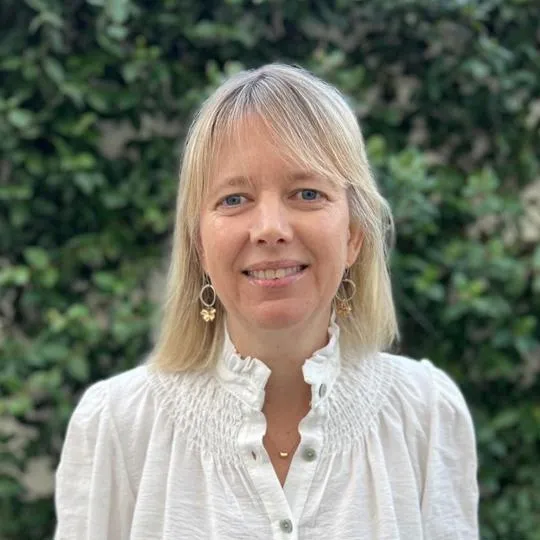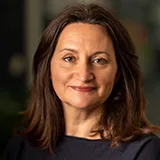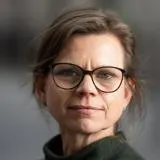Imaging Social Justice
Aims
Imaging Social Justice is an initiative of the King’s College London Visual and Embodied Research Methodologies Network (VEM) led by Jelke Boesten, Rachel Kerr (War Studies) and Cathy McIlwaine and which supports the work of PhD students and early career scholars. Imaging encompasses different modalities to make tangible human experiences of everyday violence and struggle for justice.
VEM aims to create spaces of knowledge-exchange and research excellence around visual, embodied and art-based methodologies within, across and beyond the social sciences. Members of the network seek to explore, in a variety of ways, the interfaces of social science research and collaborative arts-based methodologies in knowledge production and communication. The network emerged from several existing research projects that examined a) the arts as a site of commemoration, transformation and reconciliation in transitional societies, and b) arts to create a language to communicate gendered and racialised marginalisation and experiences of structural violence.
Methods
Situating different arts-based research projects in active dialogue with each other led to an exploration of the added value of collaboration between researchers and artists on the one hand, and the interplay between theory and experience, and knowledge and the senses, on the other hand. Since 2018, the VEM has organised several such dialogic, visual and embodied exchanges and collaborations together with The Exchange space at Bush House, King’s College London, and the Arts Cabinet.
A range of early-career and more experienced researchers and artists developed projects exploring questions first around gender and belonging through research projects on post-conflict commemoration in Peru, indigenous justice in Ecuador, energy use in Amazonian Brazil, queer identity in film, and violence against women. This was followed by a series of artist-researcher collaborations creating new insights on gendered marginalisation in Tajikistan, violence against women among Latin American migrant communities, right-wing speech in the UK, and the intelligibility of war-crimes and justice in the former Yugoslavia. Methodologies used were movement, poetry, performance, photography, illustration, visual arts, and film-still collage.
Imaging marginalisation and imagining social justice are the common threads through the themes and methodologies. As social scientists, working with artists allows for an entirely different angle to the questions our research raises. As such, following authors such as Eisner (2007), Barone and Eisner 2012), Leavy (2014) Springgay et al (2005), our arts-based research aims to increase our understandings of the social world beyond the world of scientific and scholarly language in search of liminal spaces created by the tensions between epistemological standpoints of artists and social science researchers (Finley 2007, 72).
Looking at and interpreting art is not the point; rather, it is the collaborative process between artist and researcher where new questions and understanding emerge. Imaging seeks to create something new from the collaboration between these two fields and ways of knowing, as well as to explore the benefits and potential challenges of such an approach. This seems particularly relevant to enhancing knowledge and understanding about social justice, as arts-based methods offer ameans of uncovering and accommodating multiple, complex, and often marginalised stories,and crucially for capturing paradox inherent in human responses.




